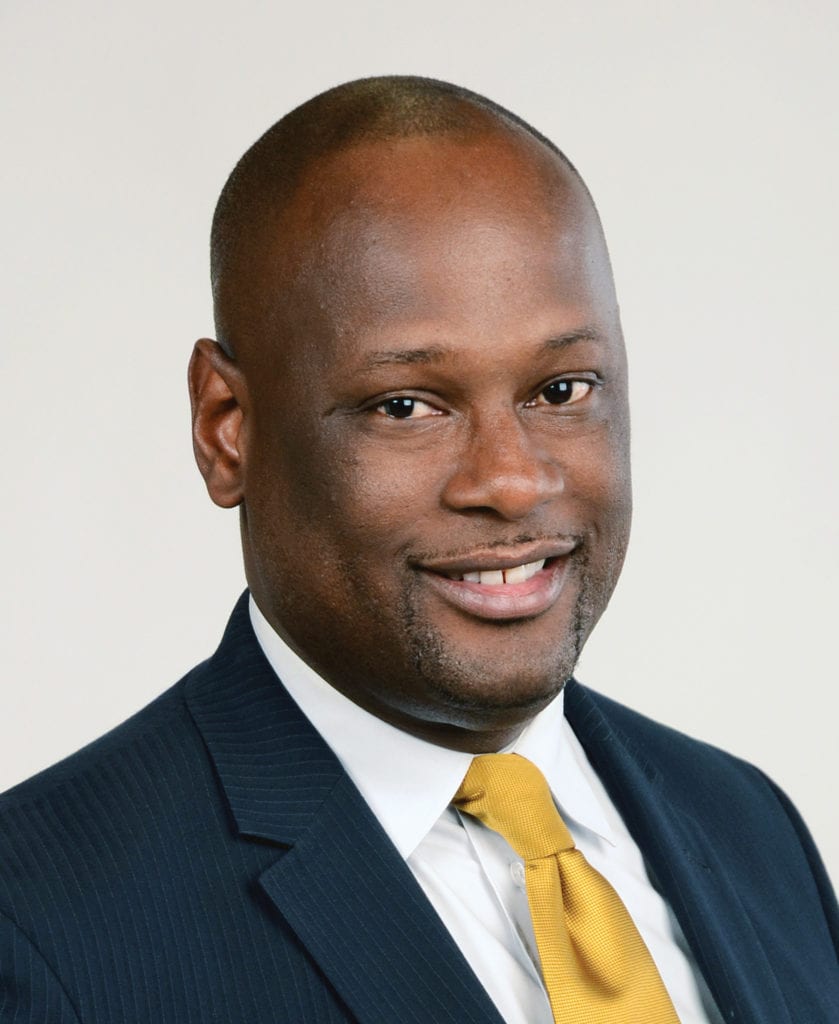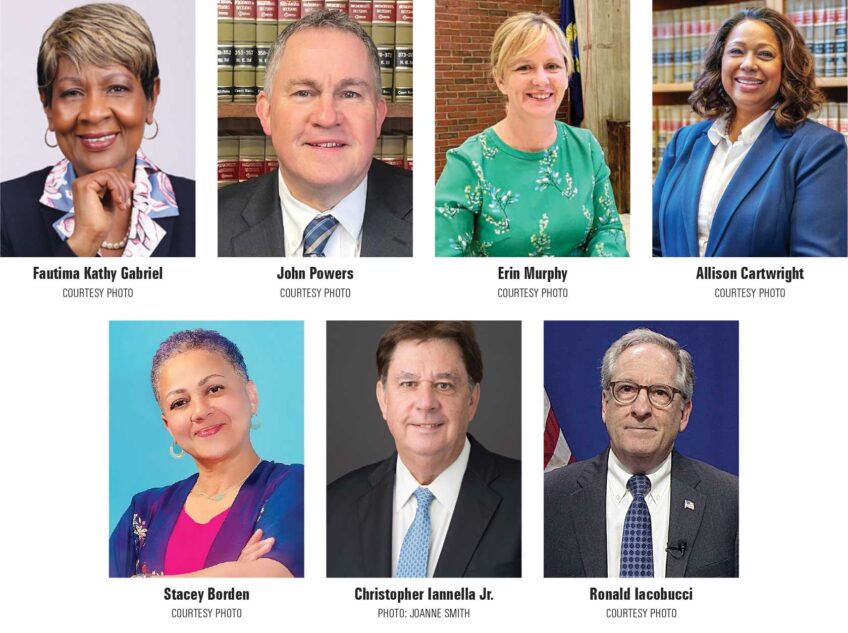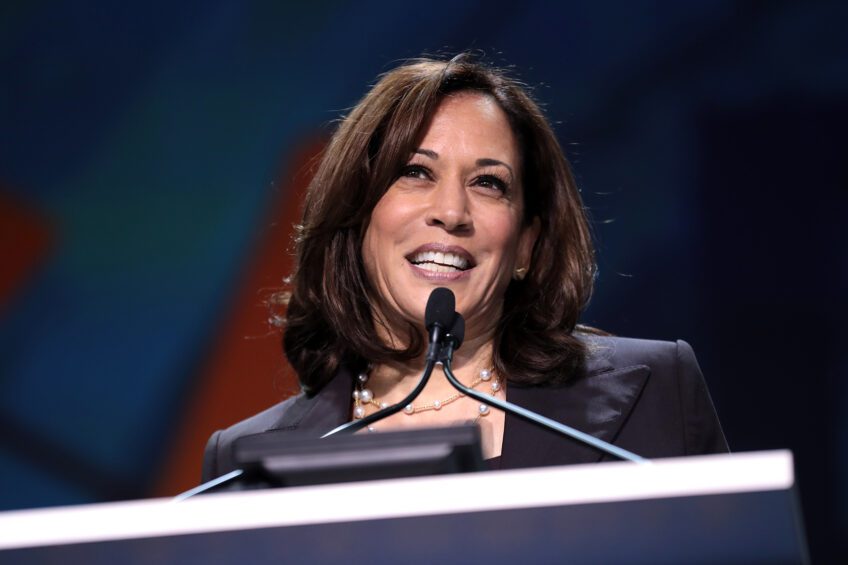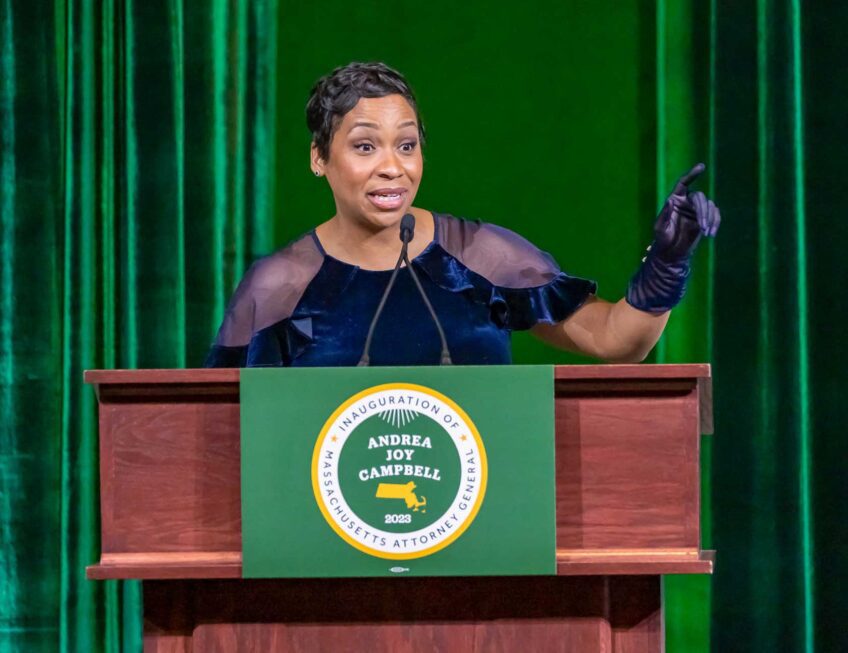
Dion Irish is serving his fourth year as Boston Election Commissioner after being appointed to the position by Mayor Marty Walsh in August 2015. Before that, he spent 12 years as the assistant commissioner/director of Boston Inspectional Service’s Housing Inspection Division, and three as executive director of Boston’s Office of Civil Rights. Irish’s department is now preparing for the September 4 primaries, which will determine the results for both state and federal offices, as contests for the state Legislature, governor, and Congress will all be included on the ballot.
What are some of the preparations the Election Department has to undertake to prepare for an election?
DI: We have to secure voting locations for every precinct in the city of Boston. We have 255 precincts, and those precincts are housed in roughly 170 public and private locations. And we also need to recruit a sufficient amount of volunteer poll workers to staff the election precincts. Those folks are actually the face of democracy on Election Day. And we have to coordinate with over a dozen agencies to ensure that we have a smooth and successful election. Agencies such as the Boston Police Department, Transportation, Public Works, Boston Public Schools, the libraries, the community centers, you name it. There are a lot of different entities involved in helping us prepare for election season.
What goes into training poll workers?
DI: We need to have at least six volunteers staffed at each precinct. A warden, a clerk, and inspectors. And they need to also be multilingual. So we’re looking at roughly 1,500 to 1,800 poll workers, because we do have to account for the fact that some folks need drop off and we need to make sure that we’re sufficiently staffed on Election Day. So to train that number of people we have about 50 classes that we offer at the tail end of our training schedule for the primaries. The classes are spread out over four weeks and held at locations throughout the city. We’re asking a lot of volunteers so we try to accommodate them by making our trainings convenient. We have trainings in every neighborhood that are either in the afternoon or the evening, and we also offer weekend training for about four weekends at City Hall, in the morning or in the afternoons.
Could you explain the different roles of the poll workers?
DI: The warden is the chief election official at a precinct. They oversee the overall operation of a precinct on Election Day and they have to be extremely well versed on all the election laws and administration requirements. The second in command in each precinct is the clerk. The clerk’s role is to document all activity at the precinct, particularly unusual activity that will occur or activity such as a voter being challenged or someone voting with a provisional ballot. They take note of any significant activity on Election Day. And the clerk is also trained to be a warden, and to step up in the event that the warden is not available on Election Day.
What happens after polling places close at 8 p.m.?
DI: That’s when the fun begins. There’s an officer that’s assigned to each precinct, that delivers the ballots to the precinct at the beginning of the day and provides coverage throughout the day. At the end of the day, each officer is responsible for bringing the voter ballots and all sensitive materials directly to City Hall. So we’re looking at about 250 officers coming into City Hall in a sort of parade, and we have about 50 people here at City Hall who are in different stages of the process, assisting officers in recording their entries into City Hall, and taking materials from them and taking them to the appropriate places. The actual voting machine calculators are brought into our office here in the Election Department, where we remove each memory card. Our IT department is on hand, they take the memory cards, they grab the results from those memory cards, and they calculate them and have the results reported to our website so that the unofficial results are available by around 11 p.m. or so on election night.
How are the official numbers then calculated?
DI: Those unofficial results are scrutinized, and we also make additions when we receive overseas ballots that need to be hand-counted and things of that nature. What we do is provide public notice that we are going to be hand-counting additional ballots, and then once we get all the ballots counted, we amend the results and they’re brought to the public meeting of the Board of Election Commissioners, roughly 10 days after the election, and then they’re voted in and approved and become the official results.
What activities is the Election Department undertaking to help increase voter participation?
DI: At the Election Department, what we try to do to raise awareness around elections is a combination of street signage and media use. We have sandwich boards up that notify folks of an upcoming election, and we try to put them at every major city intersection, and we also try to make them available at T stations, particularly busy T stations. We also put out press releases to remind folks of voter registration deadlines for an election or the fact that absentee ballots are here and you can vote absentee. Also, before Election Day we put out another message to remind folks that election day is upcoming, and where they can check their status or take a look at the sample ballots online, things of that nature. We also utilize our social media account heavily, we try to push information out that way.






